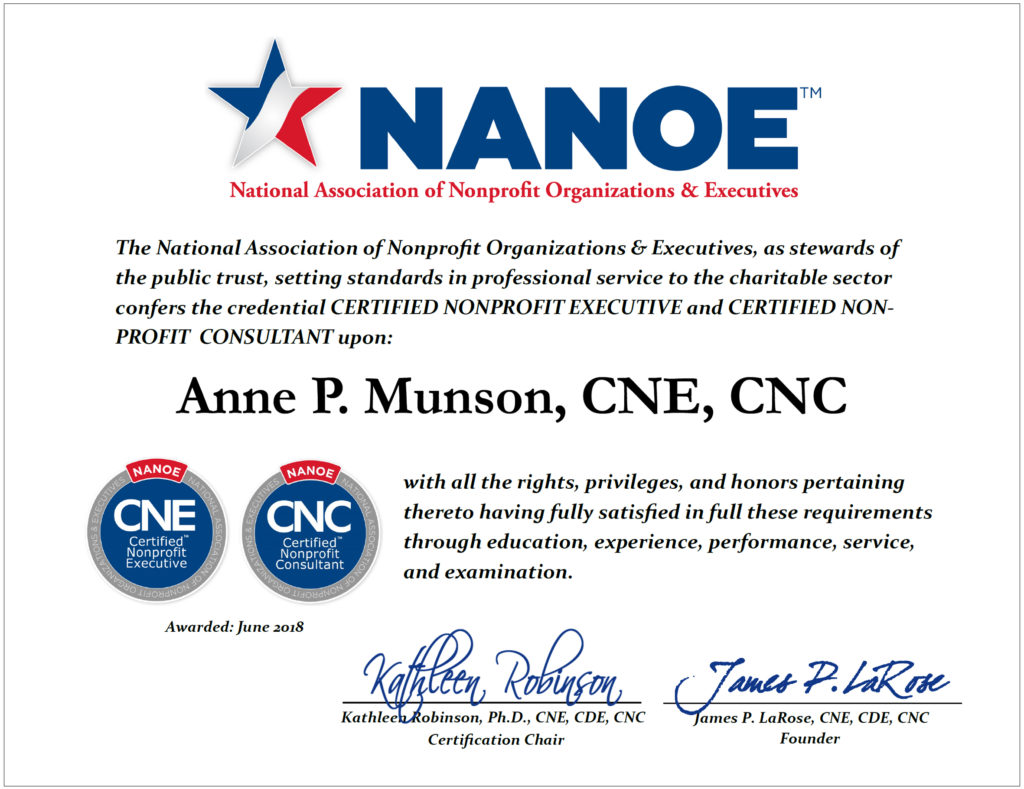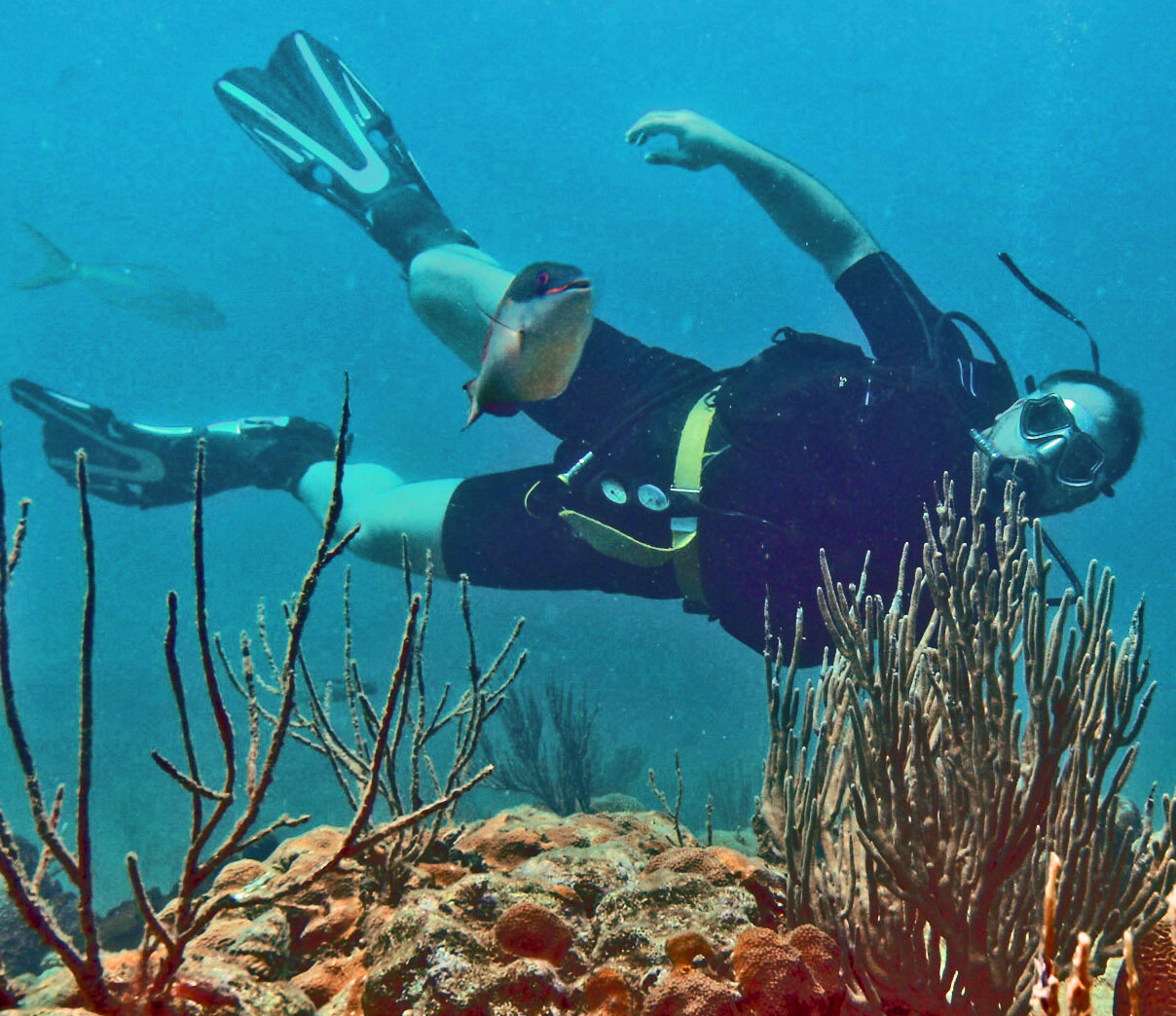
Jimmy LaRose says, “Money Is Oxygen”
July 4, 2018
Supercharge Your Fundraising Appeals Using Multi-Channel Media
July 4, 2018Nonprofit Credentials That Makes Sense
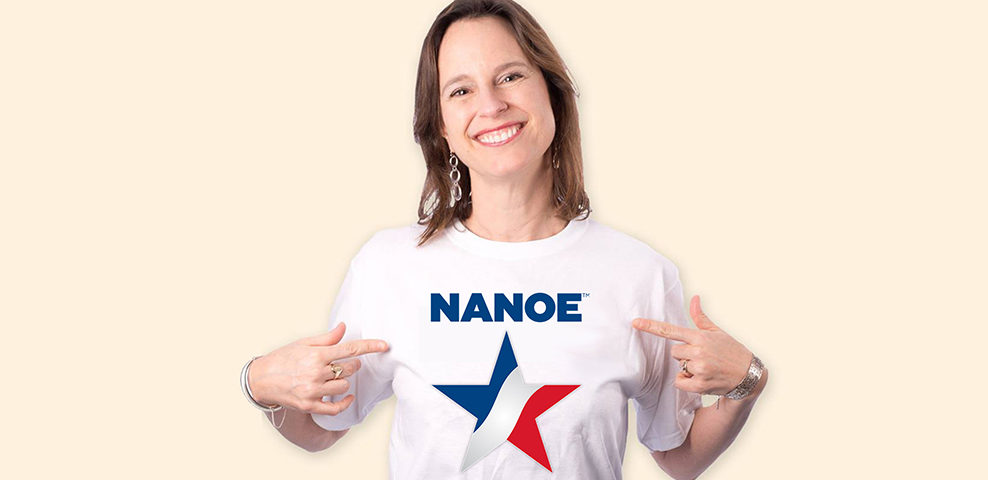
I’ve watched with interest the passionate debate about NANOE and the nonprofit credentials newly available to the charitable sector. I hadn’t been too concerned with what the traditionalists said about NANOE – after all, a new national organization in any industry threatens the status quo. But when a fundraising colleague wrote an uninformed news column questioning the validity of NANOE and credentials I hold, I knew I had to speak out.
Certification, membership and education – these are all part of my nonprofit career. Nearly 10 years ago, I helped a national nonprofit to create the first certification offered to college auxiliary service professionals. Fast forward to 2012. I had moved from this well-resourced higher education association sector to a $120,000-a-year-budget human services nonprofit. As executive director, I was in charge of hiring, volunteer recruitment, marketing, fundraising, grant writing, board management and events. I sought out low-cost nonprofit education to help me manage it all on a shoestring budget, and attended an affordable, traditional fundraising education series. My goal was both to learn and to attain a CFRE certification – the only credential I could find remotely related to my nonprofit work.
When I discovered the cost of CFRE certification ($875 to certify, $510 to recertify every 3 years), I could not justify the expense personally, and certainly could not justify it for my nonprofit’s tiny budget. After all, this designation certified that I was “qualified” to fundraise – just a small part of my responsibilities. And I was already fundraising without any such certification.
I lamented to a friend and mentor the lack of an executive-level credential reflecting the full responsibilities of management in this field. I needed it to be affordable, accessible, and connect me with a collegial network of nonprofit leaders in diverse fields.
Thankfully, Jimmy LaRose listened and acted, enlisting academic, association and credentialing experts to make it happen. The National Association of Nonprofit Organizations and Executives (NANOE) launched in 2016, beginning with a nationwide campaign to build the 2017 Board of Governors. Over 1000 nonprofit executives joined this working board, with over 300 attending the first NANOE conference in March 2017.
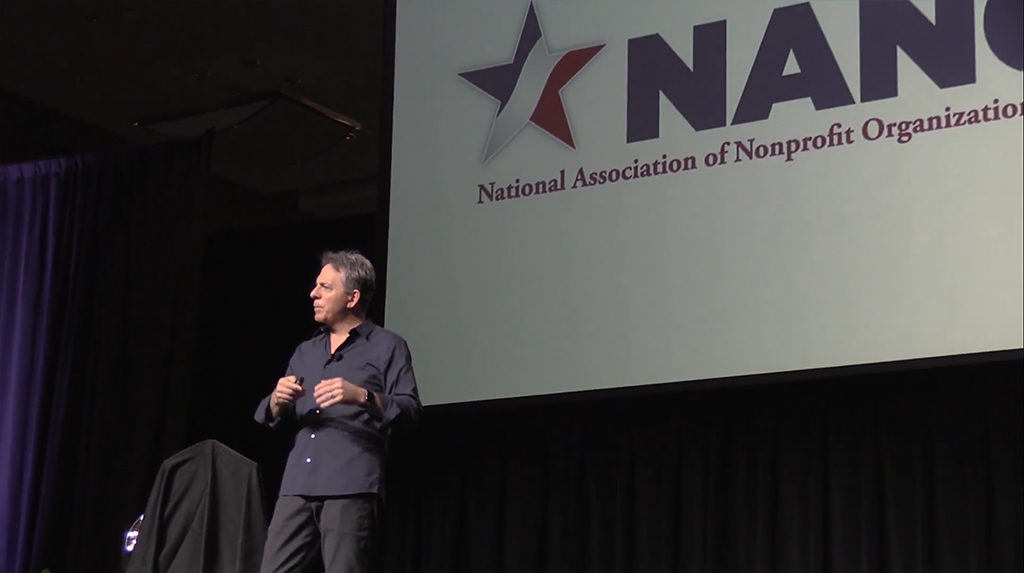
On day 1, Dan Pallotta (Uncharitable: How Restraints on Nonprofits Undermine Their Potential) challenged attendees to foster a new business-oriented worldview in the nonprofit world – one where employees do not take a vow of poverty to help those in need; where those in charge of solving the world’s greatest problems are not vilified for making an executive wage; and where the term “overhead” isn’t negative, but simply means “the cost of doing business well.” Those 300 nonprofit executives (including CFREs) spent day 2 analyzing and evaluating proposed new guidelines for nonprofit practices. I am proud to be in such professional company – thoughtful, dedicated, visionary, and willing to take on the status quo by asking “what if we do things differently?”
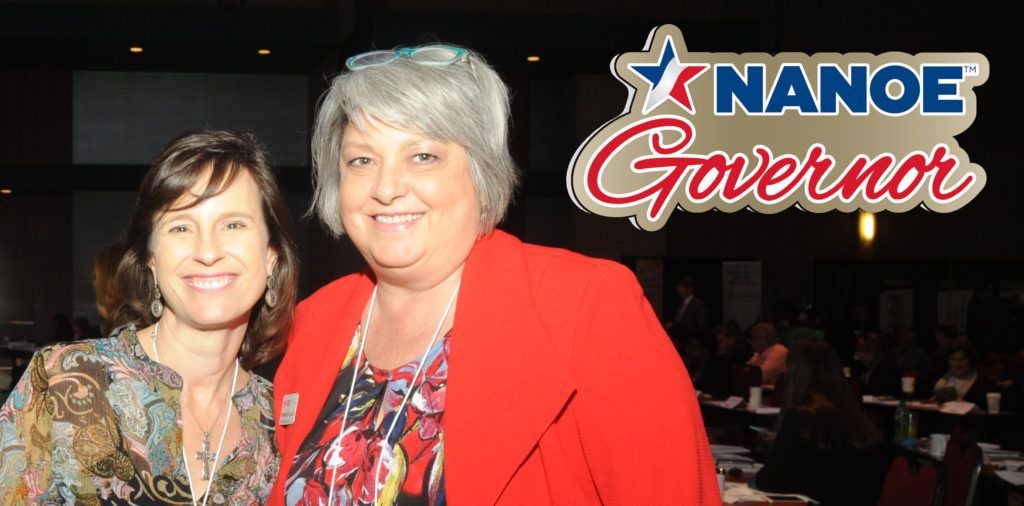
Anne Munson & Rebecca Jordan (American Red Cross) at NANOE Convention & Expo
NANOE emphasizes the needs of today’s nonprofits to be nimble enough to make a significant impact: strong CEOs, small governance Boards, project-based volunteer recruitment among community and business leaders, strategic growth, and the importance of capacity building through diverse funding streams to reach heroic mission of scale. NANOE challenges the traditional nonprofit world by 1) acknowledging that because money is required for service delivery, one could say it is more important than mission, and 2) naming the donor as the nonprofit’s primary customer (versus clients to whom we provide direct services). Donors have dreams of a better world and financial resources to share, but may have little capacity to act on their own. Nonprofits provide donors value by using their gifts to fund action, resulting in a community impact that matches the donors’ passions.
I am honored to hold two of NANOE’s three nonprofit credentials: CNE (Certified Nonprofit Executive) and CNC (Certified Nonprofit Consultant). These are not “fake” credentials, as some CFREs have alleged. Each has to be earned through an intensive educational process – structured, academically based, with an extensive validation and online testing process developed by high-level academicians from Clemson University and the National Development Institute. The tests come from a library of exam resources, based on academic studies of the nonprofit world as it exists today – not of how it got started.
As a member of NANOE, I can take all three exams for $198, and I don’t need to re-certify as long as I remain a member. At $100/year for me or $200 for my entire organization, this is a professional development and networking organization I can afford, and can feel appropriate requesting funds from even the smallest nonprofit budget. Holding credentials hostage to a budget small to medium nonprofits cannot afford feels like “country club fundraising” – a situation that doesn’t help underfunded organizations most in need of competent, dedicated nonprofit executives.
I am unconcerned about allegations I have heard – that there must be something lacking in these credentials if I don’t have to sign a code of ethics, or if I don’t have to recertify. Being a nonprofit professional today requires constant professional education, study of new developments in the field, and an ethical attitude/desire to make the world a better place for all in need. Another allegation is that an open book exam reflects a lack of academic rigor. I would challenge anyone holding this view to take one of the exams. (My CNE test alone took me 5 hours over 3 days to complete 250 questions.)
Given that NANOE has grown to over 1100 members in just the first 2 years. The explosive organizational growth illustrates the nonprofit industry’s need for affordable, accessible, and comprehensive professional development and credentialing.
The next NANOE conference is March 26-27, 2019 in Charleston, SC – I’ll be there and eager to continue networking, learning, and working to change the nonprofit industry from the inside out. Will you join me? My CFRE colleague was suspicious about a special offer – the conference fee includes the ~cost~ of the opportunity to apply and test for these credentials. But there’s a simple and powerful explanation for the affordability of NANOE and its credentials. NANOE isn’t about funding a credentialing industry – it’s about helping today’s nonprofit executives build capacity – personally, professionally and for the important organizations they lead.
Nonprofit Credentials That Makes Sense was authored by Anne Munson, M.Ed., CNE, CNC, is an 18-year nonprofit professional. You can contact her at [email protected]
The post Nonprofit Credentials That Makes Sense – Anne Munson appeared first on NANOE | Charity’s Official Website.

